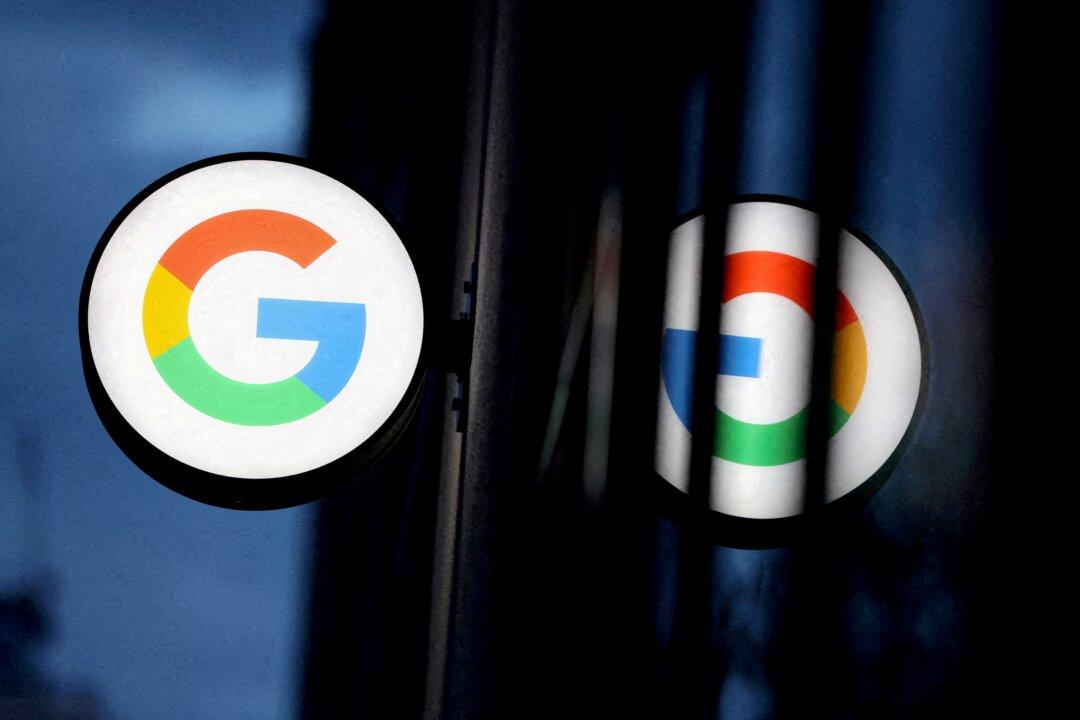Google launched its ChatGPT rival, “Bard” for testing in the United Kingdom and the United States to rival the currently popular ChatGPT.
The tech company invited people in both countries to test its new AI chatbot in a bid to catch up with its Microsoft-backed competitor.





